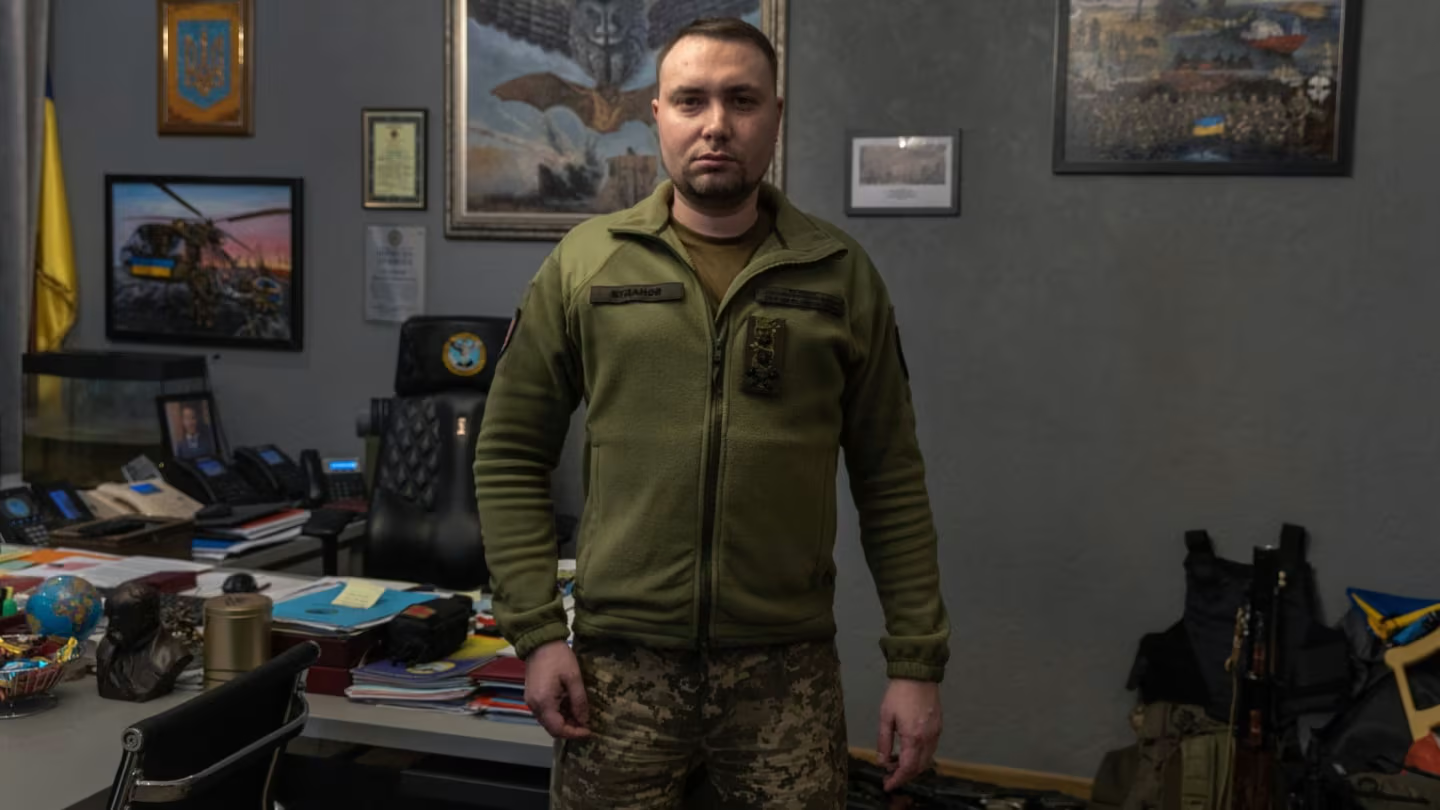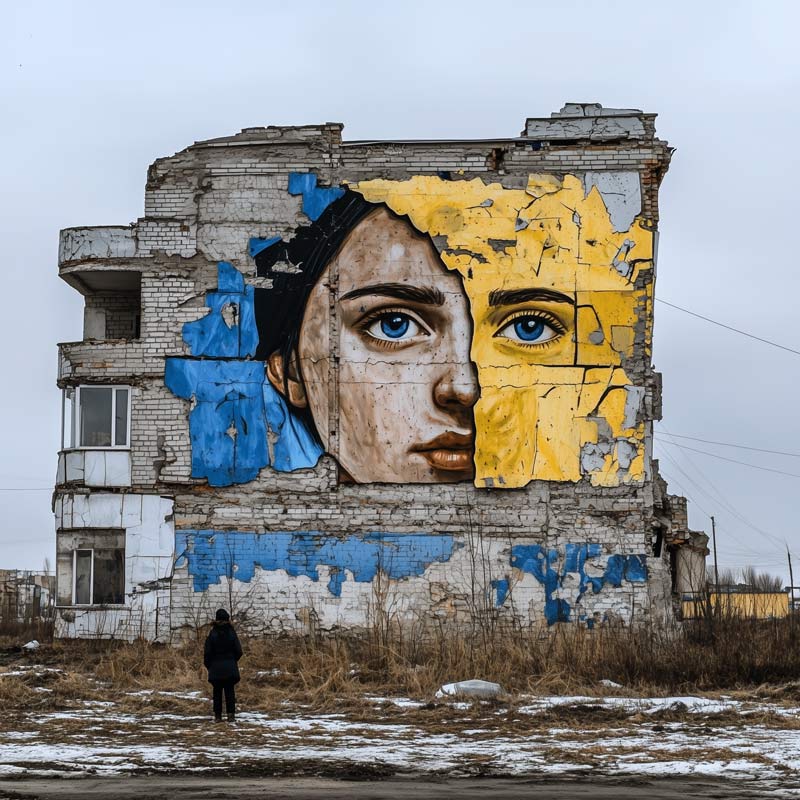As reported by The Economist, Ukraine is entering a new and troubling phase of the war—not only because of the frontline situation, but also due to escalating internal tensions. Russian forces are advancing in the Donbas, strikes on Ukrainian cities are reaching record levels, and according to the publication, a grey zone is emerging near Sumy. But what’s unfolding behind closed doors in Kyiv may be no less alarming.
Between June 30 and July 1, U.S. military aid—which had already been weakening after Donald Trump’s return to power—was abruptly suspended. According to The Economist, arms shipments came to a complete halt, with some aircraft reportedly turned back mid-flight. Sources disagree on the cause: some claim Trump was unaware of the suspension, while others describe it as a deliberate attempt to pressure Kyiv into making concessions to Moscow and accepting a ceasefire on unfavorable terms.
Meanwhile, domestic political tensions in Ukraine are intensifying. Three developments in June set the tone for what followed. On June 23, Deputy Prime Minister Oleksiy Chernyshov—once seen as a potential candidate for prime minister—became the highest-ranking Ukrainian official to face corruption charges. While abroad in Europe, he delayed his return, creating the paradoxical image of a Minister for Reintegration reluctant to come back.

Oleksiy Chernyshov.
At the same time, the government was alerted to an impending shake-up: in the coming weeks, 39-year-old Yuliia Svyrydenko is expected to be appointed as the new prime minister. There was also an attempt to remove intelligence chief Kyrylo Budanov—an attempt that, according to The Economist, ultimately failed but revealed the level of tension within the leadership.
All three episodes, according to the publication, point to Andriy Yermak—chief of staff to the president, whom The Economist refers to as Ukraine’s de facto prime minister. His influence, the outlet notes, extends well beyond his official role. Despite growing criticism in the United States—driven in part by his "didactic" diplomatic style, as described in reporting by Politico—Yermak’s position within Ukraine appears only to be consolidating.

Yuliia Svyrydenko and Andriy Yermak.
At Home

The Institution of Personal Loyalty
APoliticoarticle explains how Andriy Yermak became Zelenskyy’s indispensable envoy—and the center of power in Ukrainian politics

Financial Times: Zelensky Accused of Targeting Anti-Corruption Activists and Independent Media
Raids, Cabinet Shake-Up, and Pressure on Oversight Bodies Fuel Concerns Over Democratic Backsliding

What Some Would Call Propaganda
The Economist Raises Concerns About Authoritarian Drift in Ukraine
While there is no direct evidence that Yermak initiated the case against Chernyshov, three officials told The Economist on condition of anonymity that Yermak allowed the investigation to move forward, while others were deliberately stalled. According to them, Chernyshov’s real offense was attempting to establish a direct line to Washington—bypassing Yermak—and obstructing the rise of Svyrydenko, a political ally of Yermak.
A year ago, President Zelensky rejected a proposal to replace current Prime Minister Denys Shmyhal, but as The Economist notes, the balance of power has since shifted. A parliamentary vote is expected soon. The reshuffle may also affect other ministries, including education, health, culture, social policy, and possibly finance.
Particular tension surrounds the long-running rivalry between Yermak and General Budanov, now in its third year. Sources close to Yermak describe the intelligence chief as "a revolutionary building his own political machine." One official told The Economist: "Ninety percent of the office thinks he’s crazy, and ten percent think he’s a genius." Budanov’s supporters, by contrast, portray him as a patriot—one of the few willing to speak truth to the president.

Kyrylo Budanov.
By mid-June, there were rumors that Yermak’s ninth attempt to remove Budanov might finally succeed, but the general managed to hold on. According to The Economist, repeated warnings from the White House played a key role—Washington does not want him dismissed.
This, the publication argues, suggests that the final word still rests with Zelensky. Yermak’s influence, however powerful, is not absolute—it is better described as a "strange dependency" between him and the president. One official put it this way: "Andriy has monopolized the president’s ear. Six years in the same room, shaping his thinking. At this point, it’s almost as if they’re one and the same."
Court politics are nothing new—especially in a country worn down by war. Yet, as The Economist emphasizes, the current concentration of power amid a deteriorating strategic situation may prove dangerous. Of particular concern is the growing use of presidential powers to impose sanctions on political rivals. One official offers a grim assessment: "The Russians are slowly roasting us over low heat, and we’re playing games of idiocy with very serious consequences."
At Home

"By Removing Babel, You Remove the City’s Soul"
Odesa Becomes a Battleground of Cultural War, as Decolonization Starts to Mirror Soviet-Era Tactics

